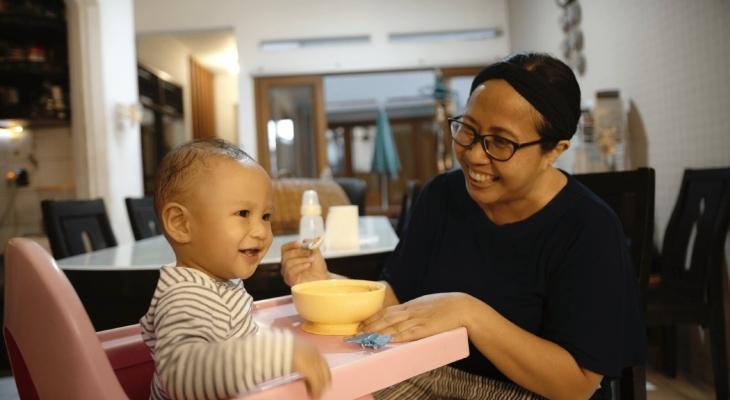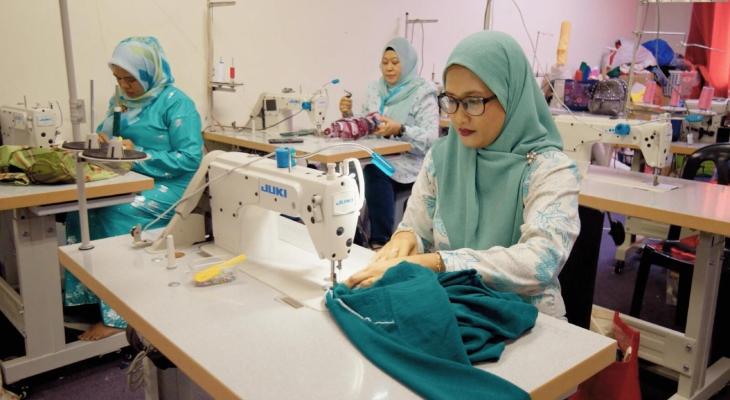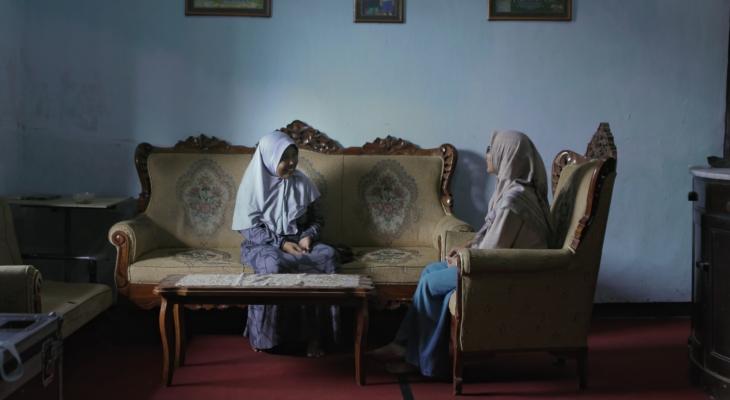 No time to read? Here’s a 30sec bite
No time to read? Here’s a 30sec bite
NGO Aangan Trust’s mission is to keep India’s children safe. Amongst many threats that jeopardise children’s safety, one of the issues they work on is preventing child marriages. Together with a collaborative network of schools, the police and village heads, the organisation empowers women volunteers to lead this movement. By training women to engage with their communities, Aangan Trust has created a strong foundation of trust within the network. These skilled and steadfast women help to protect these children and also inspire hope within their communities.
“It takes a village to raise a child.”
For non-governmental organisation Aangan Trust, this is the adage that guides their work in building communities which protect children from trafficking, child marriage, hazardous work, violence, and exploitation. A once unimaginable partnership, Aangan Trust brings together social systems that previously didn’t collaborate — think schools, police, village councils and others — to ensure the safety of vulnerable children in their communities.
One of the issues that the organisation focuses on is preventing child marriages. Despite being illegal, over 100 million girls are at risk of child marriage over the next ten years.
Helming this movement is a team of steadfast, skilled volunteers, all of them women, some who were child brides themselves.
Aangan Trust is headquartered in Mumbai, but works in nine districts across India with some of the highest rates of child trafficking, hazardous labour, early marriage, and violence in the country. It provides rigorous training for volunteers, equipping them with the confidence to hold their own when speaking with people in authority.
“Earlier I would feel scared to go to such places because I was unsure about how I would speak, what I would say,” shares volunteer Piyali Mondal. “Now I don’t even have to think before going to the BDO office, the police station, or the panchayat (village council).”
Piyali has been a volunteer for eight years. She was a child bride herself, and had a desire to help others in the same situation. Many other volunteers in the organisation have similar histories.
“Many of these women have themselves been in those situations. So their interest, their empathy and the way they come forward with their response, that is very important,” explains Srabonti Ghosh, one of Aangan Trust’s state coordinators. She is part of the team that trains the volunteers.
Aangan Trust chooses to work exclusively with women. Not only because many of them understand — often, intimately — the risks that vulnerable children face, but also to put the power of decision-making back in their hands, making it possible for women to drive change in their own communities.
During the year-long training, volunteers learn about the issues that have been normalised since their childhood, and are encouraged to consider how and why such customs and practices have become so prevalent in their own areas. They are also trained in data collection, communication and public presentation.
Armed with the necessary skills, the women walk the neighbourhoods with a newfound sense of purpose, tapping into unofficial networks called “whisper circles” — informal, safe spaces for sharing information about potential child marriages, child labour and domestic violence — to quickly identify children at risk. Srabonti adds, “The safety network is strengthened through [these unofficial] networks.”
As the Aangan Trust volunteers gain trust and respect within their communities, Srabonti believes that the women are changing the old status quo — where domestic violence, abandonment and child marriage were a “normal” part of life — and building a better, safer future.
About Aangan Trust
Aangan Trust is an non-governmental organisation that works across six states in India, to protect vulnerable children. It empowers women to become volunteer leaders to educate, advocate, and effect change to end child marriage, and other practices that harm children.Over five years, Aangan Trust has trained an estimated 15,000 women, who now manage their own networks in their communities.
Contributors
Director
Shatabdi Chakrabarti
Producer & Writer
Camera
Karan Thapliyal
Sound
Rakesh Kumar
Executive Producer






